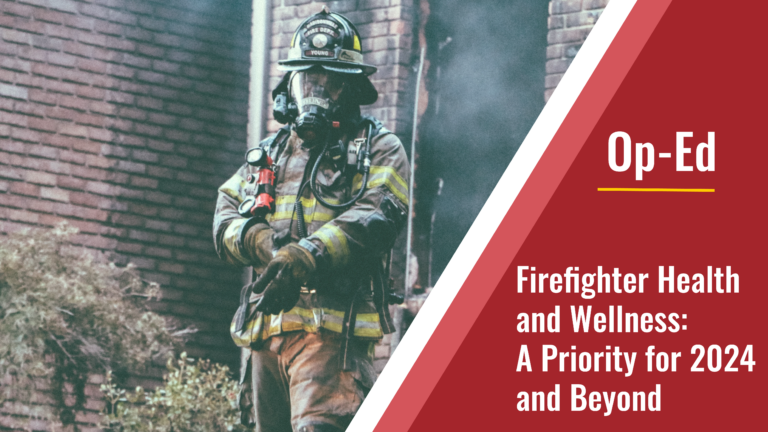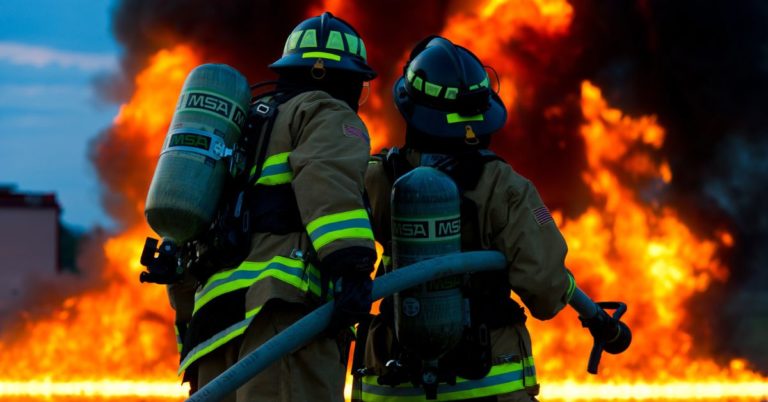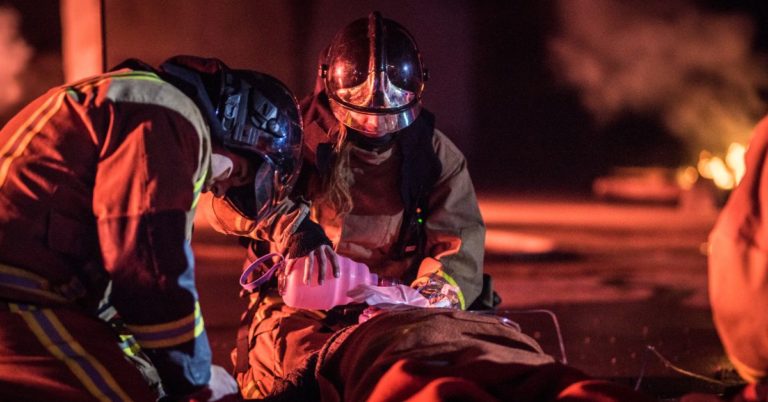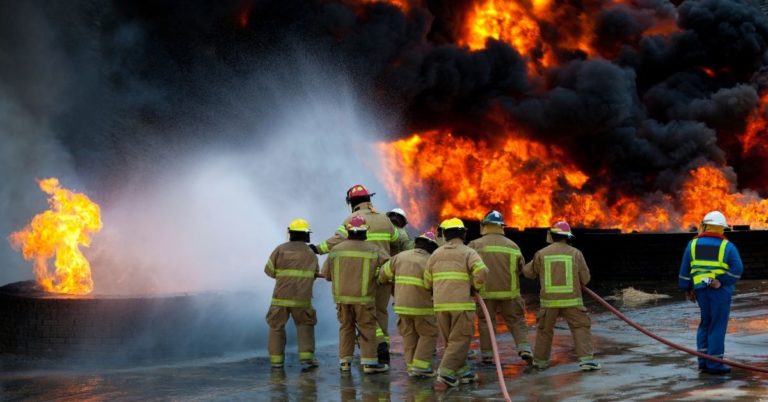First responders know they may risk their health when entering the profession. However, they also have the reasonable expectation of seeing their departments stand beside them in the event of a disaster.
Over the past few years, public health officials have become increasingly aware of the real occupational dangers firefighters face. Many of these go beyond the immediate, invisible damage – posing as extra hoops when the time for compensation is due.
How are Mississippi firefighters dealing with this?
The Impact of Presumptive Disability Laws
Presumptive disability laws provide an essential layer of protection for any profession exposed to progressive or slow health hazards.
When you suffer an accident at work, you usually need to prove the injury happened while performing your work duties. This may seem like a no-brainer for a firefighter: a sprain, fracture, or burn during a fire can be directly tied to the job.
However, these visible wounds are not the only after-effect of working as a firefighter. Chronic exposure to pollutants has been linked to an increased risk of different cancers. But after being diagnosed with cancer, proving it was caused by occupational exposure is a cumbersome and tiring process.
Presumptive disability laws prevent this. They ensure that society’s frontline protectors will be recognized for the invisible sacrifices they make every day.
The Law in Mississippi: How Protected are Our Firefighters?
Currently, firefighters in Mississippi must spend at least 10 years on the job before receiving the benefits of presumptive disability laws.
After 10 years of service, they will be eligible for lump sum payouts if they are diagnosed with any of the following: bladder, brain, breast, colon, gastrointestinal, kidney, liver, pancreas, prostate, skin, testicular, and reproductive cancers, as well as lymphoma, leukemia, and multiple myeloma.
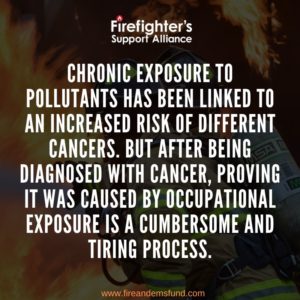
The Basics
Under the current legislation, the actual benefits each firefighter will receive will depend on the severity of the diagnosis, the type of treatment they will need, and their likelihood of permanent disability.
Localized cancers (carcinoma in situ) with a low chance of spreading or that can be treated through non-invasive procedures (such as endoscopy or the insertion of tubes down the throat) will receive a lump sum of $6,250.
Malignant tumors requiring chemotherapy, radiotherapy, or extensive surgery will receive more significant benefits. The largest ones, however, are reserved for firefighters who develop metastasis – that is, when cancer has spread around the body. In these cases, firefighters can receive a lump sum of $35,000.
In addition to cash benefits, firefighters can continue to receive a partial salary during their illness. This benefit can be 60% of their salary or $5,000 per month, whichever is lower, and runs for up to 36 consecutive months or until they are declared fit for duty again.
Volunteer firefighters are only entitled to a one-time compensation of $1,500.
What’s Not Included
Currently, these benefits do not apply to mesothelioma, thyroid cancer, or lung cancer, despite all these diseases being significantly more prevalent among firefighters.
In addition, there are two critical catches with the cancers that are covered:
- Before receiving compensation following a metastatic cancer diagnosis, firefighters will still need a specialist oncologist certifying their diagnosis is attributable to at-work exposure.
- These benefits are meant to substitute for regular workers’ compensation. If a firefighter files for workers’ comp, they will automatically waive the lump sum payments.
In Mississippi, the Fight Continues
The current legislation in Mississippi is a good starting point for first responders. As the average cost of healthcare continues to rise, advocacy organizations need to remain vigilant. Although rarely as visible as new equipment, these protections are a matter of life and death for many.

